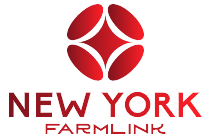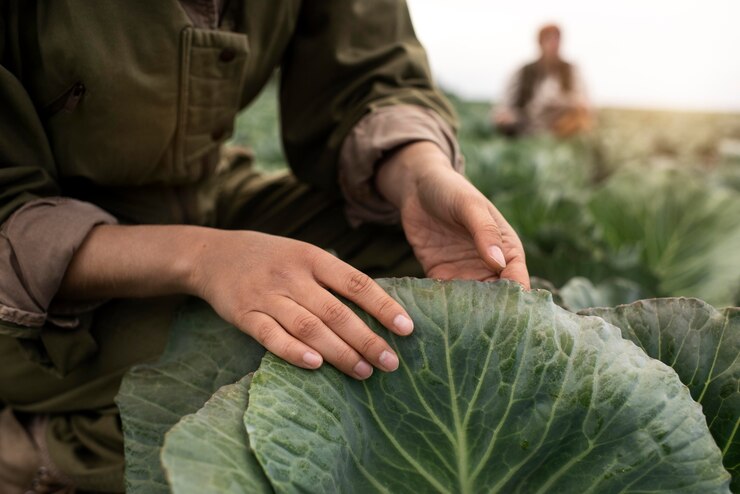The world’s population is growing rapidly, putting a strain on our resources and environment. Conventional agricultural practices often contribute to deforestation, soil degradation, and water pollution. Read More
Sustainable agriculture offers a solution, promoting environmentally friendly practices that meet the needs of the present without compromising the ability of future generations to meet their own needs.
This comprehensive guide is designed for beginners interested in exploring the world of sustainable agriculture investments. Whether you’re a passionate individual seeking to make a positive impact or an investor looking for opportunities that align with your values, this guide will equip you with the knowledge to get started.
What is Sustainable Agriculture?
Sustainable agriculture is a holistic approach to food and fiber production that prioritizes environmental health, social responsibility, and economic viability. It encompasses a variety of practices, including:
- Reduced reliance on synthetic fertilizers and pesticides: These chemicals can harm soil health and pollute waterways. Sustainable agriculture emphasizes organic methods like crop rotation, cover cropping, and biocontrol to maintain soil fertility and manage pests naturally.
- Water conservation: Sustainable practices aim to minimize water usage through techniques like drip irrigation, rainwater harvesting, and drought-resistant crops.
- Biodiversity promotion: Monoculture farming, where a single crop is grown, can be detrimental to the ecosystem. Sustainable agriculture encourages diversity by planting a variety of crops and promoting beneficial insects and pollinators.
- Soil health: Healthy soil is the foundation of a healthy food system. Sustainable practices focus on improving soil health through organic matter management, composting, and minimizing tillage.
Why Invest in Sustainable Agriculture?
Investing in sustainable agriculture offers a compelling combination of environmental and financial benefits:
- Positive environmental impact: By supporting sustainable practices, you contribute to reducing environmental degradation, conserving water resources, and promoting biodiversity.
- Resilient food systems: Sustainable agriculture helps build more resilient food systems that are better equipped to withstand climate change and other challenges.
- Growing market: Consumers are increasingly seeking sustainably produced food, creating a growing market for products grown with sustainable practices.
- Potential for strong returns: Sustainable agriculture companies are developing innovative solutions to meet the growing demand for sustainable food. This innovation presents investment opportunities with the potential for strong returns.
How to Invest in Sustainable Agriculture
There are several ways to invest in sustainable agriculture, depending on your risk tolerance and investment goals:
- Publicly traded companies: Several publicly traded companies are involved in sustainable agriculture, including seed producers, agricultural technology companies, and food distributors with strong sustainability commitments. Research these companies thoroughly before investing.
- Private equity and venture capital: Private equity and venture capital firms invest in early-stage and emerging sustainable agriculture companies. This approach can offer high potential returns but also carries a higher risk.
- Impact investing: Impact investing allows you to invest in companies or funds specifically focused on generating positive social and environmental impact alongside financial returns. Many impact investment funds target the sustainable agriculture sector.
- Community Supported Agriculture (CSA): CSAs connect consumers directly with local farmers who use sustainable practices. By subscribing to a CSA, you invest directly in a sustainable farm and receive a regular supply of fresh, locally grown produce.
Getting Started with Sustainable Agriculture Investment
Here are some steps to take when you’re ready to begin investing in sustainable agriculture:
- Define your investment goals: Consider your risk tolerance, investment horizon, and desired impact.
- Do your research: Research sustainable agriculture companies and understand their business models, environmental practices, and financial performance.
- Seek professional advice: Consider consulting a financial advisor who specializes in sustainable investing.
- Start small: Begin with a modest investment and gradually build your portfolio as you gain experience.
Conclusion
Investing in sustainable agriculture is a powerful way to contribute to a healthier planet and a more sustainable food system. With a growing market and innovative companies developing solutions, the future of sustainable agriculture is bright. This guide provides a foundational understanding, but remember, conducting thorough research and seeking professional advice are crucial before making any investment decisions. By investing in sustainable agriculture, you can make a positive impact while potentially achieving your financial goals.




